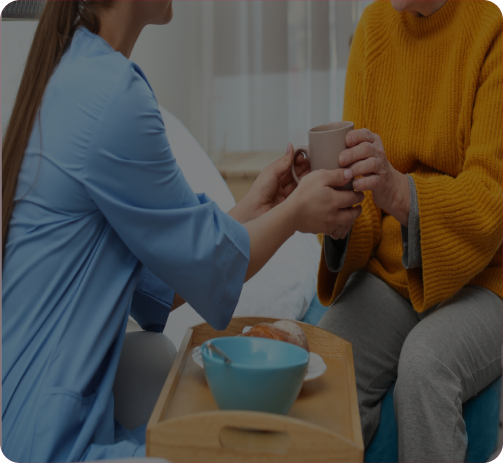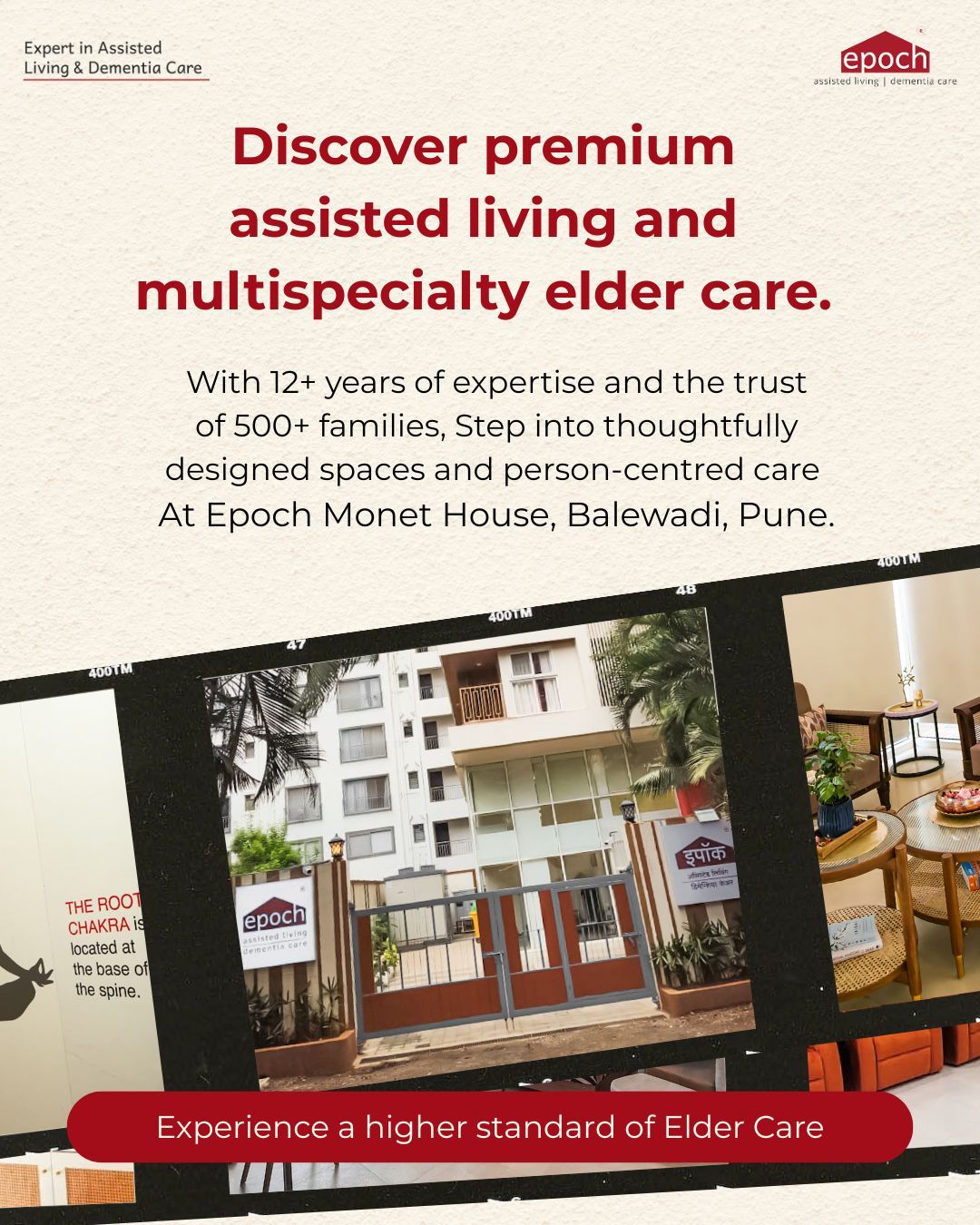As women journey through later life, they encounter a multitude of health concerns that become increasingly significant with age. From hormonal changes to the impact of menopause, these complexities underscore the importance of proactive health management. As women navigate this transition, prioritizing their well-being becomes paramount.
Breast health is a primary concern for women as they age, with the risk of breast cancer escalating over time. Likewise, maintaining gynecological health is crucial, necessitating regular screenings for cervical cancer and other conditions.
Osteoporosis poses another challenge, with bone density declining and fracture risk increasing. Cardiovascular health also demands attention, with screenings for blood pressure, cholesterol levels, and heart function essential for mitigating risks.
Furthermore, eye health is vital for maintaining optimal vision and preventing age-related issues such as glaucoma and macular degeneration. In addition to these concerns, colon cancer is another thing to watch out for as women age, given its prevalence in later years.
In light of these health challenges, prioritizing routine screenings emerges as a cornerstone of women's health in later life. By addressing these issues proactively, women can navigate aging with confidence and well-being.
Why are Regular Health Screenings Needed
Regular health screenings in later life are vital for several reasons. Firstly, they help catch diseases early, improving the chances of successful treatment and better outcomes. Detecting and treating diseases at an early stage can prevent them from worsening.
Secondly, health screenings allow women to assess their individual risk factors and take necessary actions to reduce them. By identifying potential health issues, women can make lifestyle changes, seek medical help, and adopt preventive measures to lower their risk of developing certain diseases.
Furthermore, health screenings offer an opportunity for healthcare professionals to provide guidance on leading a healthy lifestyle. Women can receive valuable advice on nutrition, exercise, stress management, and other aspects of wellness crucial for maintaining good health as they age.
Recommended Health Screenings for Women in Later Life
There are several key health screenings that women should consider in later life to ensure their well-being and detect potential health issues. These screenings are tailored to address the specific concerns and risks associated with aging.
Mammograms:
Regular mammograms are recommended for women aged 40 and above to screen for breast cancer. The frequency of mammograms may vary based on individual risk factors and healthcare provider recommendations.
Pelvic Exams and Pap Tests:
These screenings are essential for detecting cervical cancer and other gynecological conditions. Women should discuss the frequency of these screenings with their healthcare provider.
Bone Density Tests:
To assess the risk of osteoporosis and monitor bone health, women should undergo bone density tests, such as DXA scans. The frequency of these tests may depend on individual risk factors and healthcare provider recommendations.
Cardiovascular Health Screening:
Contrary to popular belief, cardiovascular diseases (CVDs) aren't exclusive to men. In fact, CVDs constitute the leading cause of mortality among women globally. Regular cholesterol checks, blood pressure assessments, and cardiovascular screenings are indispensable in safeguarding women's heart health and mitigating cardiovascular risks.
Colonoscopy:
Starting at the age of 50, women should consider regular colonoscopies to screen for colorectal cancer. The frequency of colonoscopies may vary based on individual risk factors and healthcare provider recommendations.
Eye Exams:
Regular eye exams are important for detecting age-related vision problems, such as cataracts and glaucoma. Women should consult with an eye care professional to determine the appropriate frequency of these exams.
Conclusion:
In the graceful embrace of later life, individuals undergo a myriad of changes, particularly women who face hormonal shifts, metabolic alterations, and age-related risks that predispose them to various health concerns. The essence lies in proactive health screenings, serving as guiding lights through the maze of potential health hazards. Beyond the scope of physical health, women's wellness encompasses multifaceted dimensions, including mental, emotional, and social well-being. Engaging in regular health screenings signifies more than just looking after oneself; it demonstrates a commitment to holistic wellness and longevity













